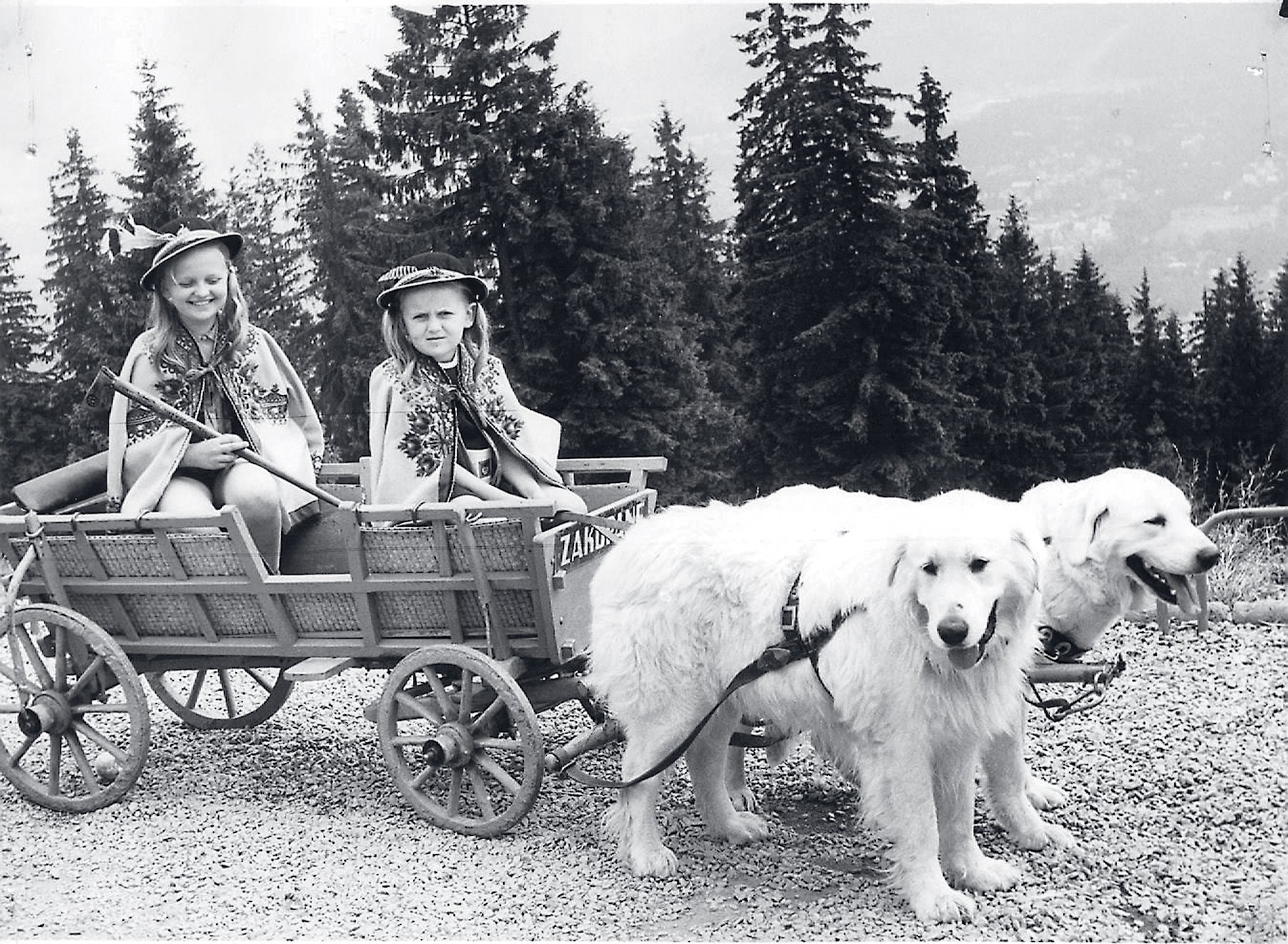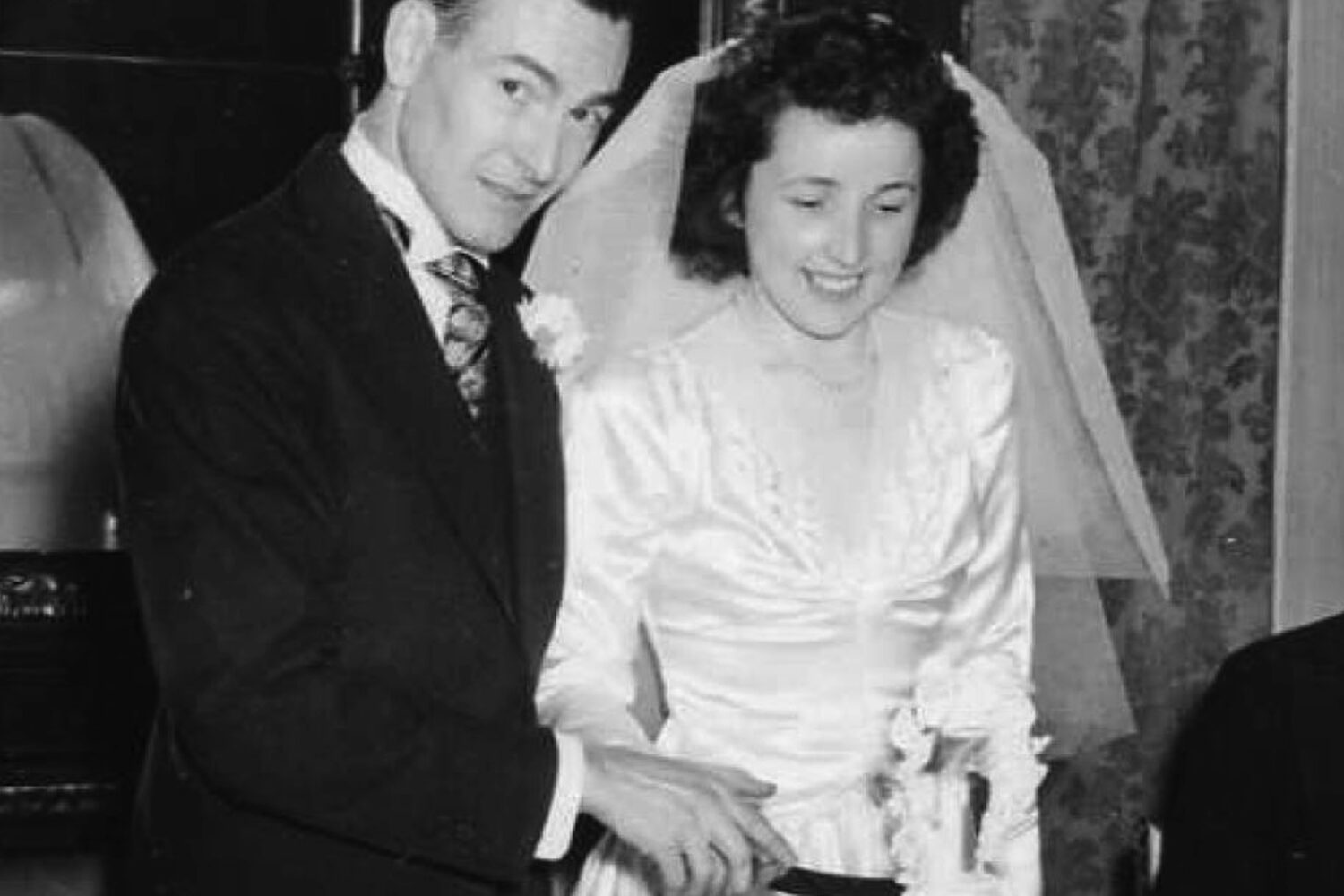I grew up in communist Poland, and I knew few people who didn’t dream of leaving. I was one of them, and I emigrated as soon as the ban on traveling to the West was lifted. The place we all wanted to live was the United States of America, the greatest country in the world. There were many reasons why America was the best, and after living here for a quarter of a century, I still remember some of them.
The first was red socks. I recall the excitement when we discussed the subject. Had we seen them in an American movie, or did we hear about them from someone who had family in the US and received the socks in a package? I remember being a middle-schooler sitting in a circle with my friends, wide-eyed and whispering: Can you imagine? Red sock! We didn’t know anyone in Poland who wore red socks, because they were not available. The only sock colors known to us were black, gray, brown, and navy. Girls wore white knee socks for special occasions. Red? Never.
The second reason was music—expansive, daring, sexual, free. We couldn’t exactly define the freedom, but we felt it. When Donna Summer sang “I Feel Love” in a glistening snakeskin-tight dress—Ooh, I’m in love, I’m in love, I’m in love, I’m in love, I’m in love—we knew exactly what she meant, even though none of us spoke English. She was independent, in control, played by her own rules, and from her we learned this was possible.
The third reason was television, because from it we learned everything we needed to know about the country of our dreams. Dynasty depicted the life we wanted to live. Powerful men like Blake Carrington knew all the ways to get wealthy. Women like his wife, Krystle (Linda Evans), knew the secrets of eternal beauty, grace, and impeccable control of their emotions. On the other end, women like Alexis Colby (Joan Collins), manipulative and dishonest, knew how to demand and get their way.
American houses were exquisite. Clothes were sophisticated beyond belief. People were radiant with freedom and happiness.
Growing up in Poland of the 1970s, I didn’t think about health insurance. No one did. There was nothing to think about. When people got sick, they went to the doctor. When they got very sick, the doctor came to their house. When they needed to be hospitalized, they went to the hospital. No one worried about medical bills—ever. Everyone was insured then, and everyone is insured in post-communist Poland. I didn’t think about health insurance—no one who dreamed of leaving the country did—because no one could ever imagine that it wasn’t a given.
Considering the political climate surrounding Obamacare, I think of “preexisting conditions” more often lately, and for me the term is becoming synonymous with America. How is it even possible that we talk about it? Who was the skilled orator and rhetorician who tricked us into thinking that health insurance might not be for people with preexisting conditions? Health insurance, as the name suggests, is for people who might have health problems and might need medical attention. The human condition is such that at some point—if we live long enough—we all will have such expenses.
Some days, I wake up with an unsettling question: Why did I want to leave Poland? Then I remember: It was the red socks.
This article appears in the January 2018 issue of Washingtonian.


















